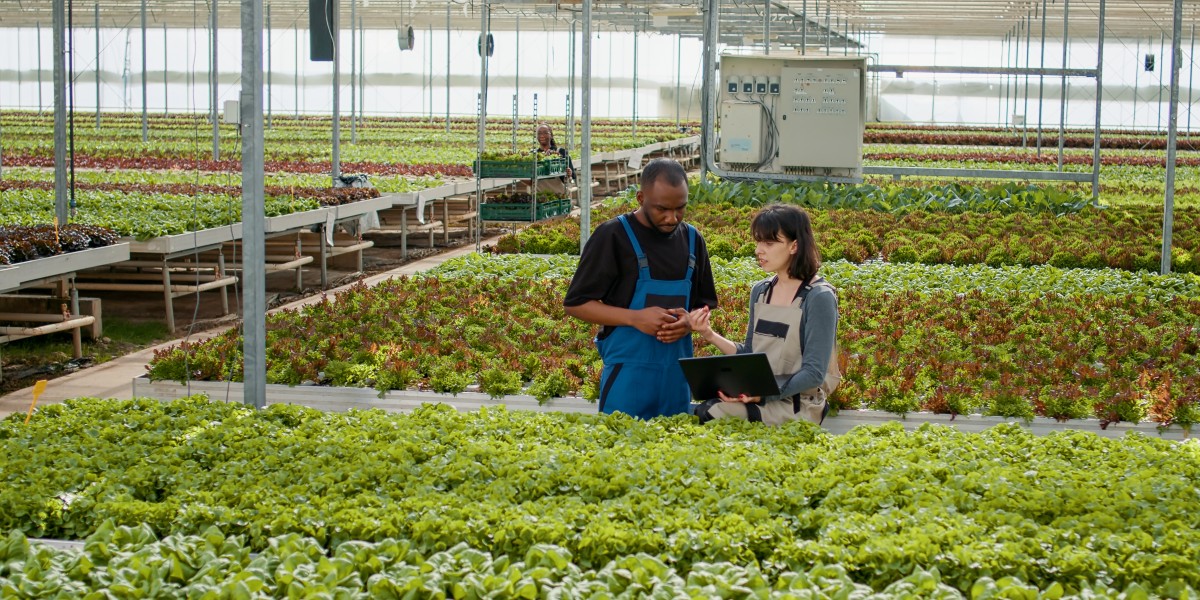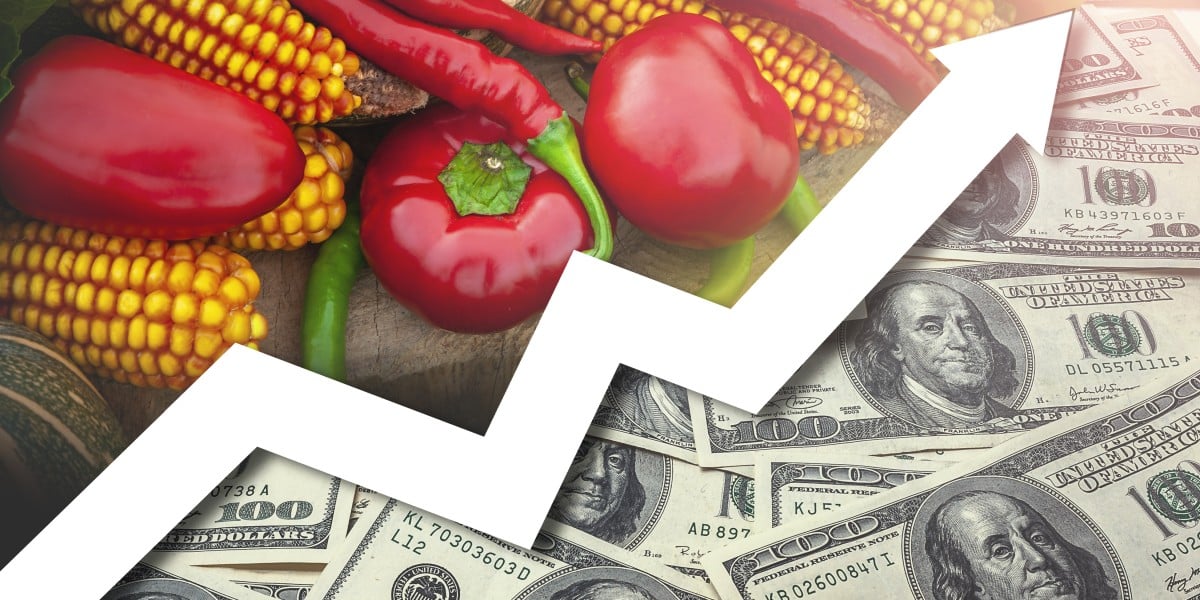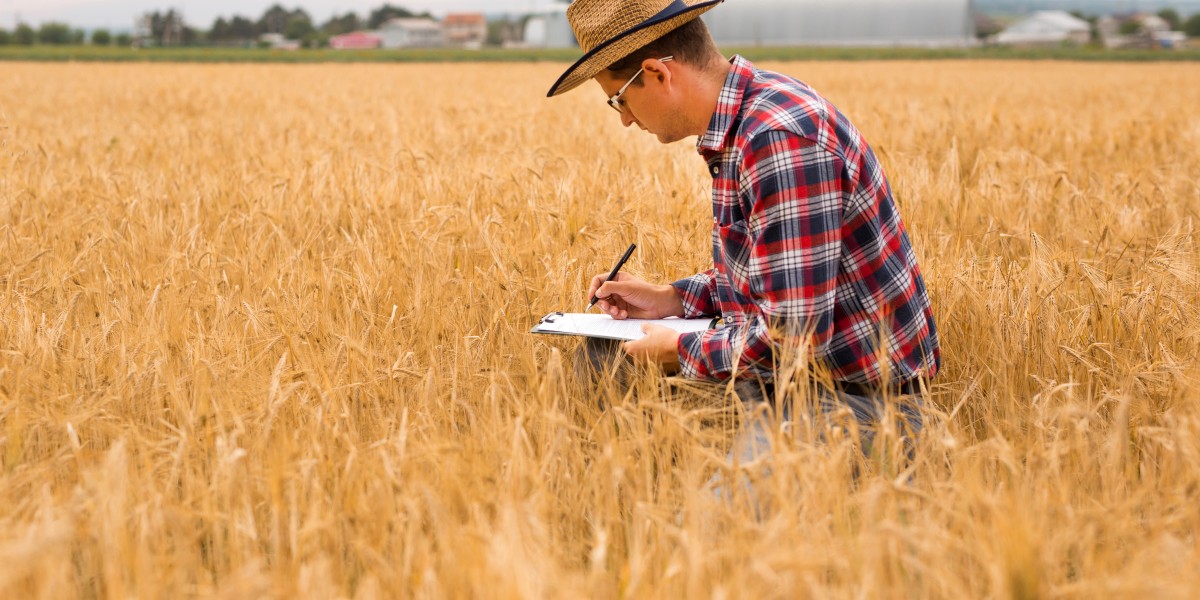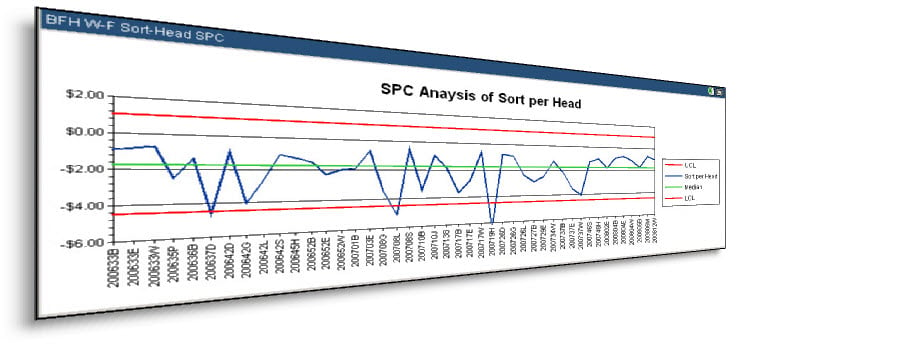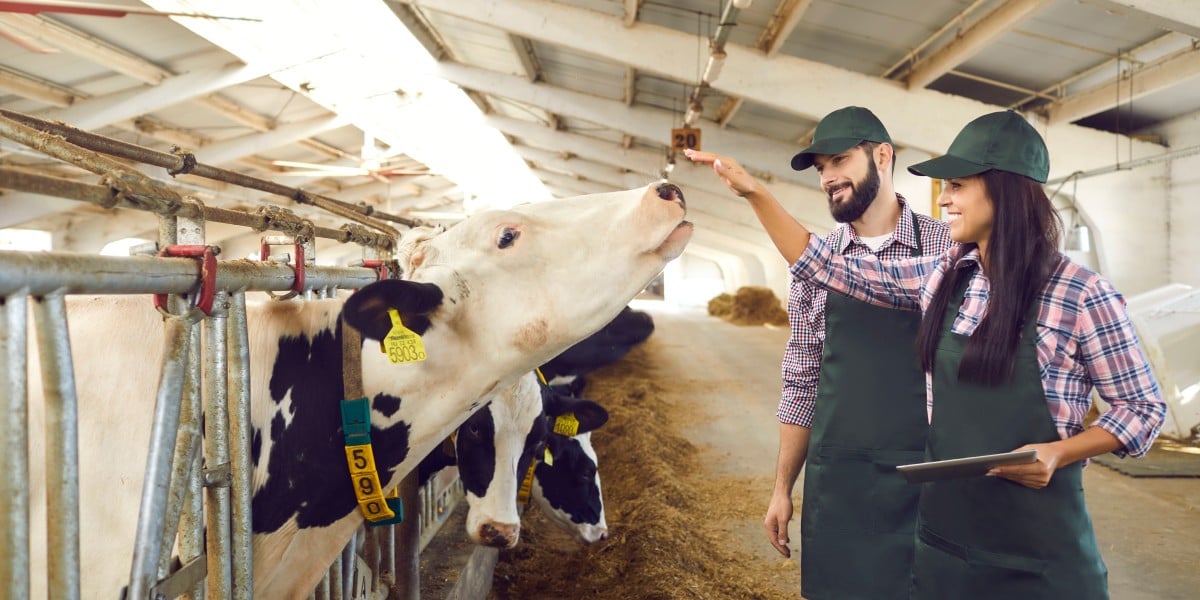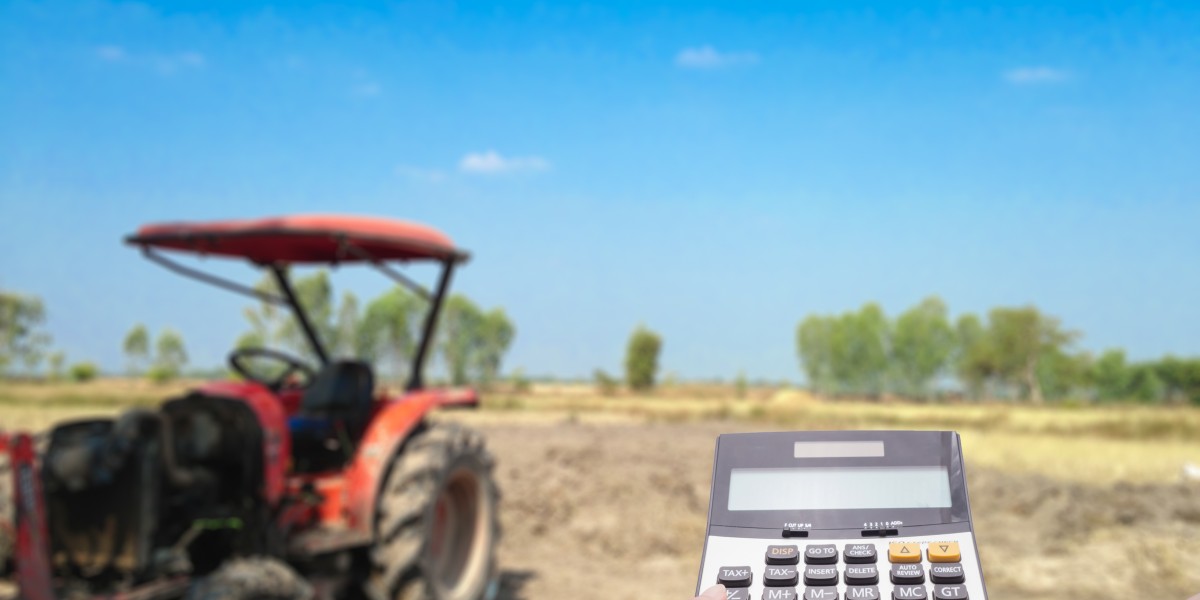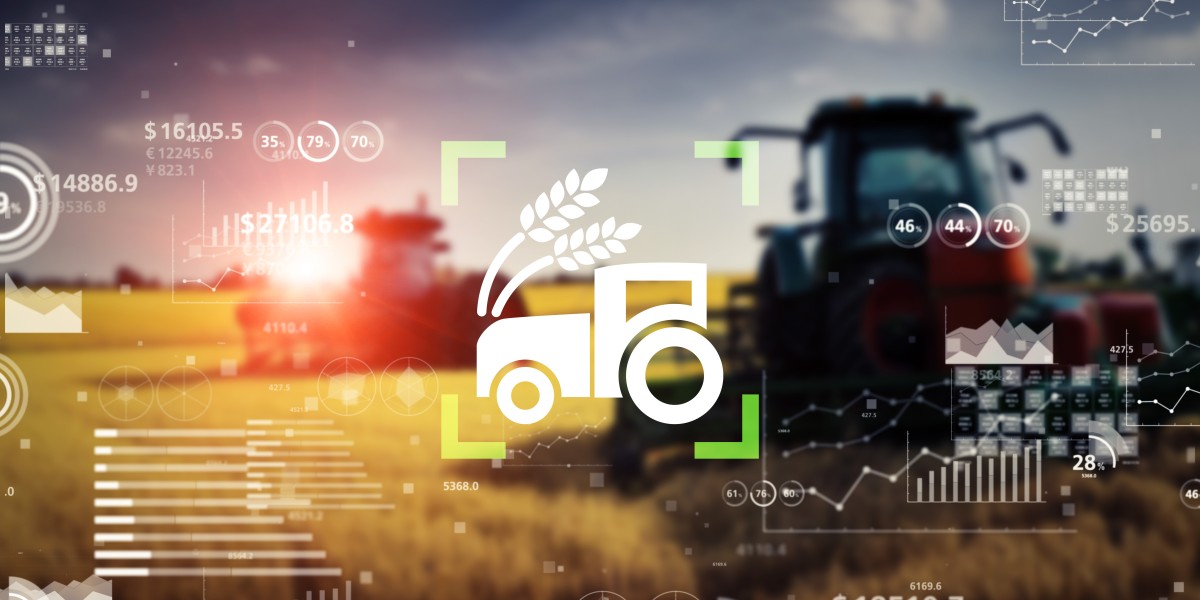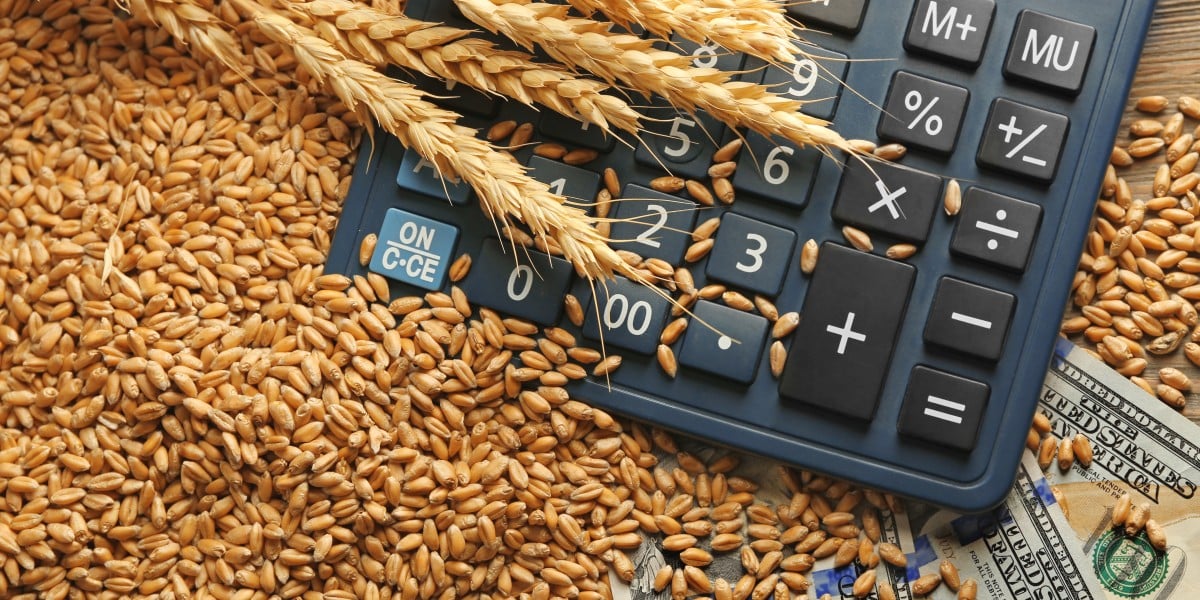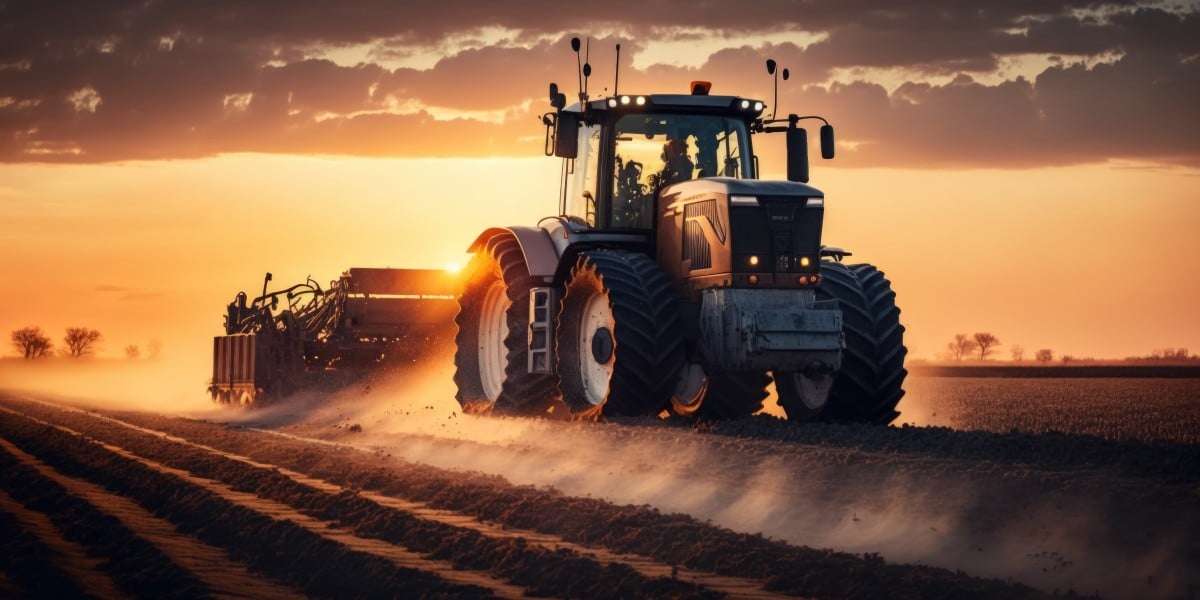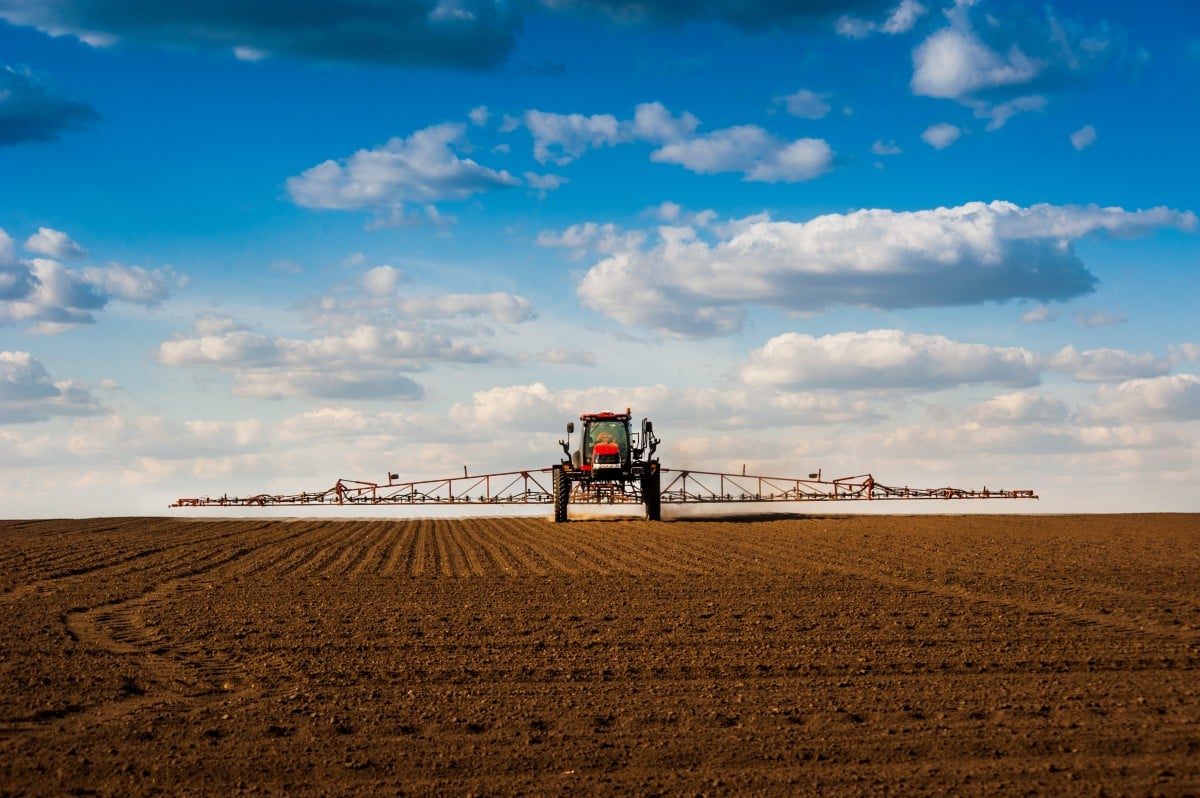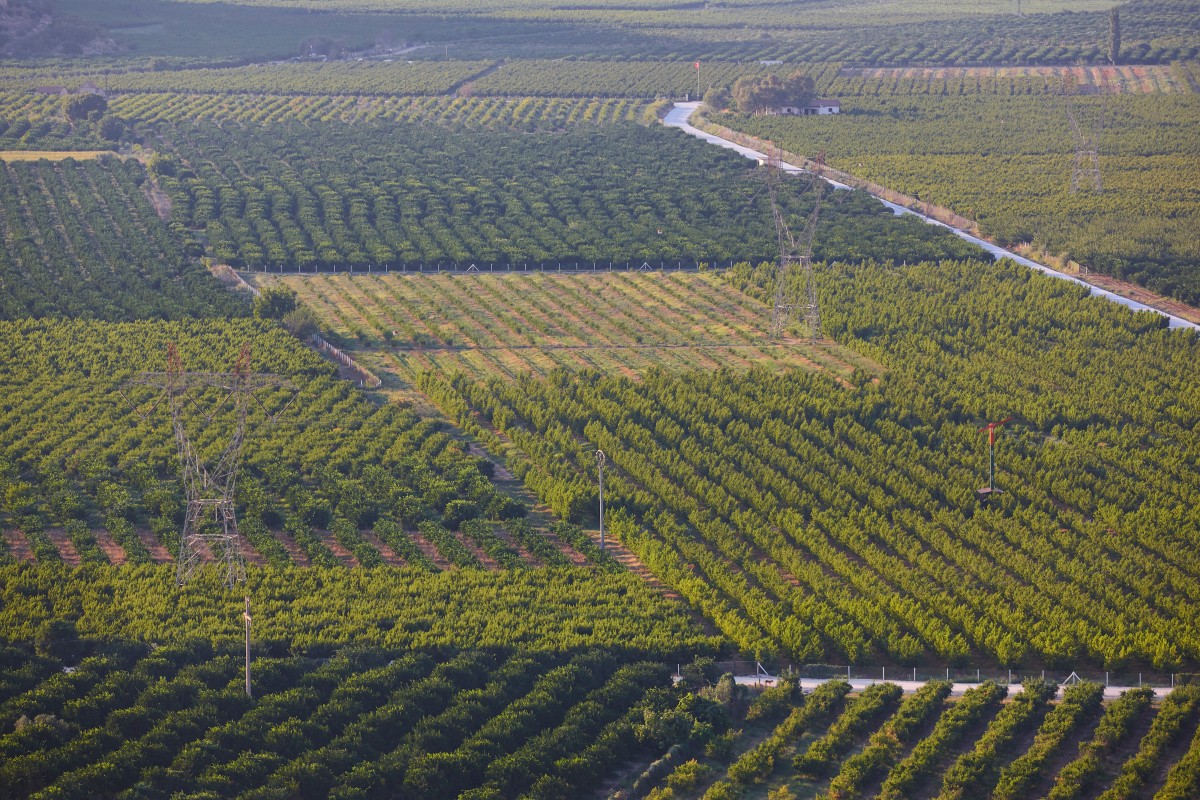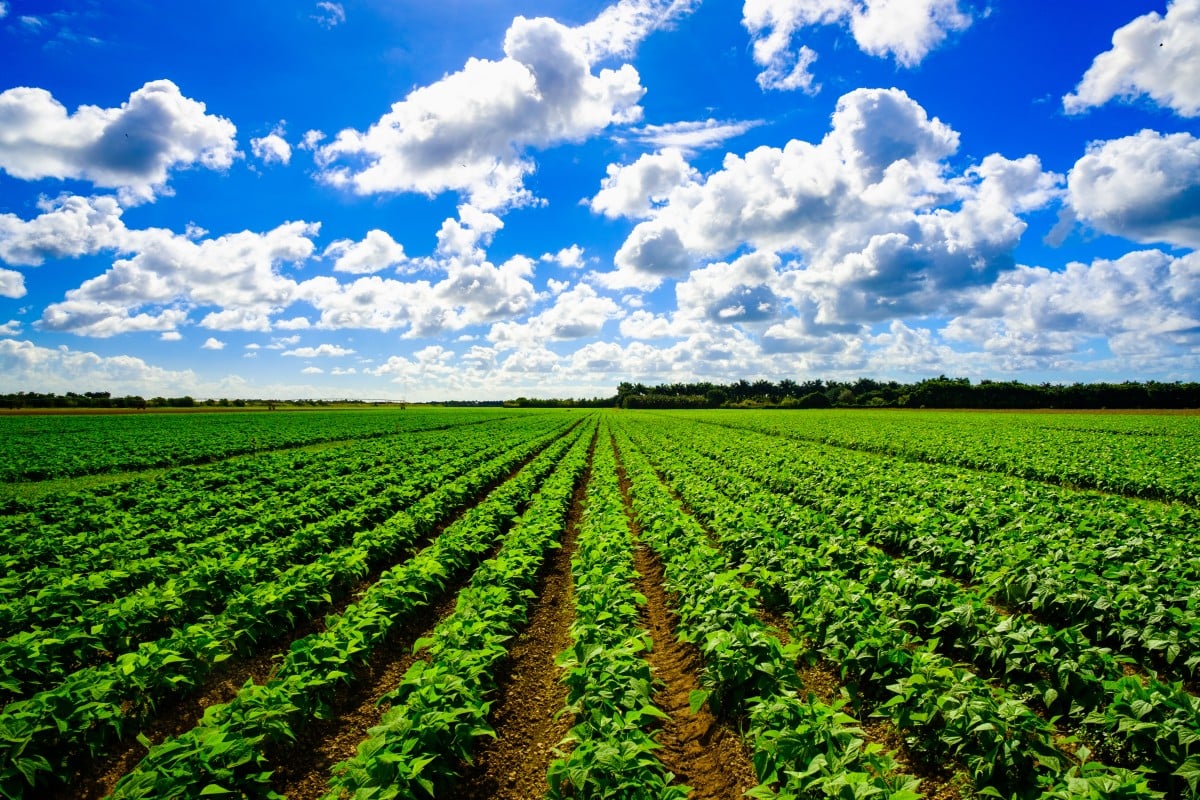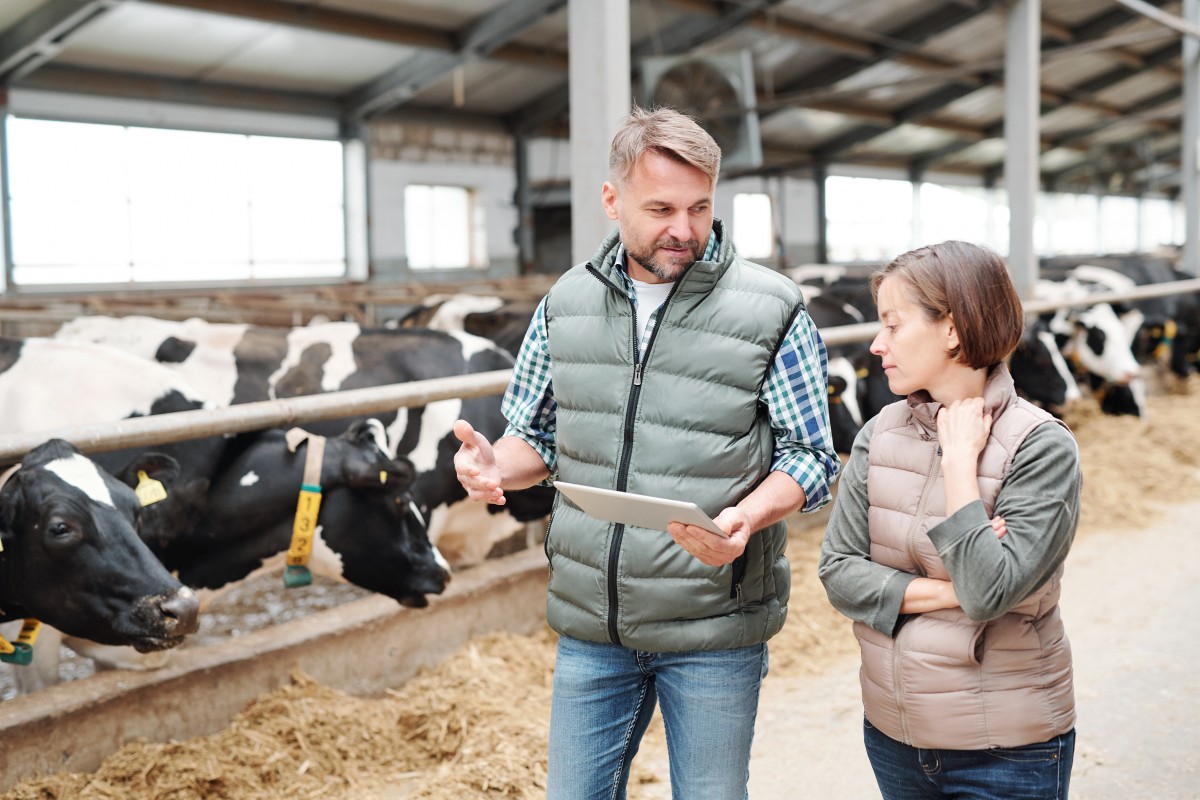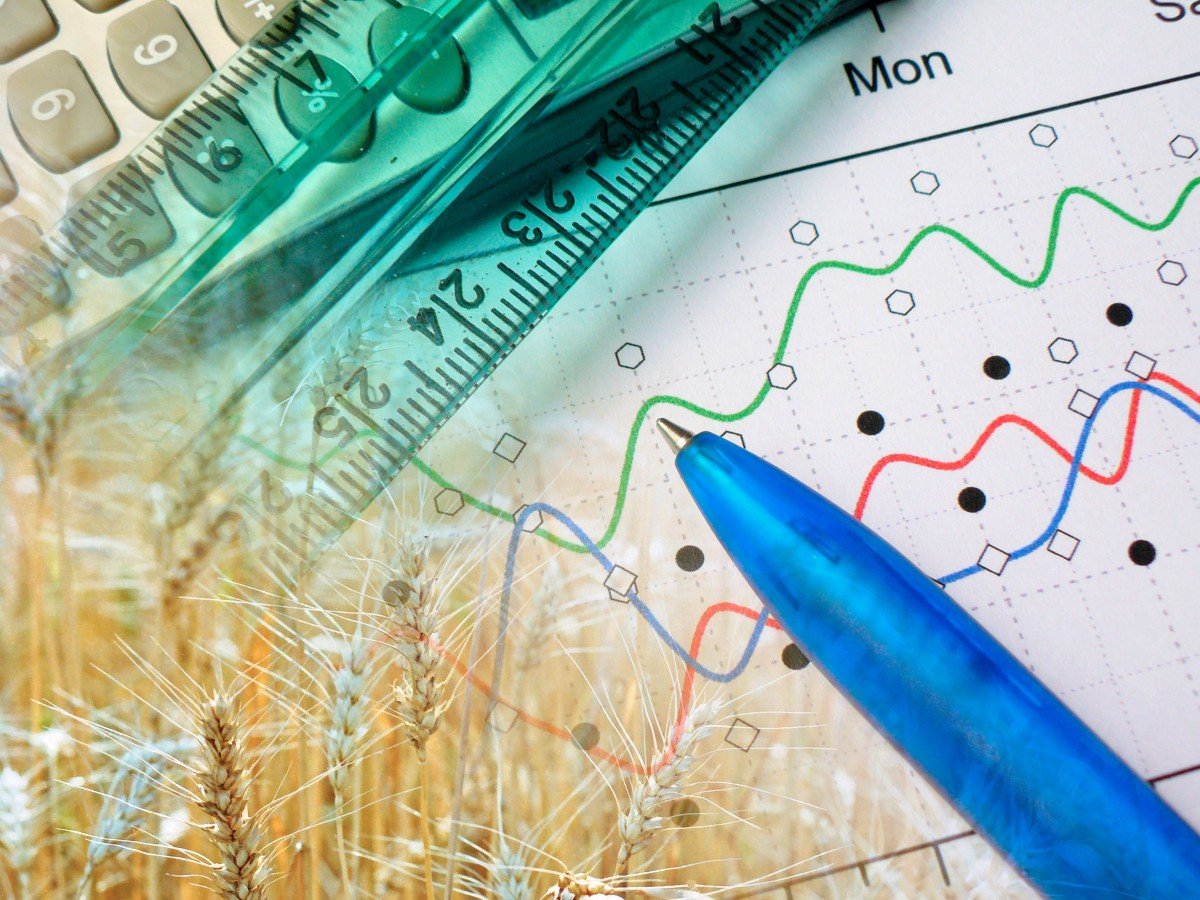Farming is a business. And, like with any business, there’s always an element of risk. Effectively managing farming risks is an important part of maximizing your agricultural business’ long-term success and profitability.
NEWS & EVENTS
Farm Management Software & More
OUR BLOG
Topics: farm enterprise analysis
Is Your Farm Management Information System Up to Date?
When most people think of farming, “management information system” typically isn’t their first, or even second, thought. However, software has become an integral part of effective farm operations management. It can help with everything from accounting to feed scheduling, inventory management, load optimization, and beyond.
Topics: ag software, FBS Systems
When approaching a loan officer for a farm loan, that loan officer may want the farmer to provide a metric ton (figuratively speaking) of paperwork proving the viability of their farming enterprise mix. Why? Because, the lending institution needs affirmation that the loan will be repaid in a timely manner.
Topics: farm cash flow projections
When it comes to your farm accounting practices, what accounting method do you use the most often? Do you stick with easy-to-implement, but ultimately low-value cash-based accounting or do you employ more rigorous (and valuable) methods?
Topics: farm accounting
Farm Accounting: What Is Opportunity Accounting?
Farm accounting can be an incredibly complicated process. Whether you’re an owner, operator, or a dedicated accountant, there are a ton of different costs to track. Also, the long-term market cycle of the agriculture industry demands that farms exercise strict cost controls—trimming the “fat” from the “meat” in all of their expense categories wherever possible.
Topics: farm accounting
Agriculture Accounting: Big Buckets and the "Golden Rule"
Standardizing accounting practices for any industry can be incredibly difficult. In farming especially, there are countless variables that can severely impact the production numbers of a farm—everything from the vagaries of natural weather patterns to soil quality, crop/livestock genetic factors, and the availability of labor at an affordable cost.
Agriculture accounting needs to account for all of these variables and standardized, “Big Bucket” accounting solutions and practices often fail to, well, account for these variables and the impact they can have on farm operations.
Topics: accrual accounting, agricultural managerial accounting, farm inventories, farm accounting, agricultural inventories, quickbooks, activity-based costing
How Farm ERP Software Helps Farmers Stay Ahead of Inflation
Inflation is an ever-present problem for any business—and farms are no exception. Higher inflation rates can mean having to pay more to workers to keep them, paying more for various supplies, and having a harder time selling certain products as cost-conscious consumers cut back on grocery expenses to stretch their own budgets. Having a farm management information system can help farm owners and operators stay ahead of inflation and keep their businesses profitable.
Topics: Enterprise Resource Planning Software, ERP
Having liquid assets can be crucial for any business. Farms need money to help fund the acquisition of new acreage, pay for employee labor, buy and maintain equipment, process raw goods into finished, ready-to-sell products, and more. One way that farmers can acquire the capital needed to fund their operations is to apply for a farm loan.
Topics: farm accounting
3 Benefits of Using Livestock Management Software
Managing livestock can be an enormous challenge, even for seasoned farm owners. From managing animal husbandry to raise generations of healthy and productive livestock to tracking groups, managing feed schedules, providing veterinary care, and more, effective livestock management requires constant effort and attention to detail. Livestock management software can help farmers/ranchers take control of their livestock production processes to better control costs, improve sustainability, and fuel growth for their livestock-related enterprises.
Topics: ag software, livestock management
What to Look for in a Farm Inventory Management Software
For any farm, inventory management is one of the most challenging, yet rewarding accounting processes affecting the integrity of your entire management information system. This process is crucial to ensuring that owner-operators can successfully take their crops and livestock to market. To help better track their inventory, many farmers use a farm inventory management software solution.
Topics: farm inventories
Create an Enterprise Budget with Farm Management Software
Every day, farm owners and operators are faced with a series of choices—some major, some minor. From choosing which crops to plant to deciding on equipment acquisitions, fertilizer usage, whether to hire more labor, and more, the choices are endless and often require frequent revisiting as situations change. And every decision requires careful consideration of your farm’s enterprise budget.
Topics: farm budgeting, farm enterprise analysis
Analyze Farm Enterprises to Manage Profit Centers
When preparing your farm enterprise’s business plan, what’s the reason for your analysis? Is it just to hand over to your credit manager for a business loan application? Or, are you using that analysis to turn your cost and production centers into profit centers for your business?
Topics: enterprise analysis, profit centers, farm profit centers
5 Ways Financial Management Choices Impact Farm Profitability
Nobody said managing a farm would be easy. From managing actual crops to tracking financials for farm profitability, modern farming can be incredibly difficult. Financial management choices such as adding or not adding new farming technology, sourcing crop seed, purchasing fertilizer, or hiring additional labor can have an enormous impact on farm profit and loss ratios.
Topics: farm management accounting, farm financial reporting, profit centers, farm profit centers
Understanding Profit and Cost Centers to Improve Farm Profitability
Financial management can be a crucial part of ensuring farm profitability. Conversations about the agricultural industry tend to focus more on the production side, whether it’s crops, livestock, or the market impact on those commodities.
However, farm managers know not to underestimate the necessity of understanding profit and cost centers in a farming operation. Having a firm grasp on the basics and knowing how to measure profitability is vital for ensuring the long-term viability of your agricultural business.
Topics: farm accounting, Cost center allocation, farm profit centers
Top 8 Benefits to Automating Accounts Payable for Improving Farm Operations
Running farm operations means obtaining supplies from outside vendors and paying them on time. Accounts payable (AP) refers to the money that is owed to these suppliers after you’ve made purchases with credit. As you need more goods from more manufacturers, this information can quickly become disorganized. Missed deadlines or duplicate payments will cost you money in the long run, but an automated system will help reduce these unnecessary costs and stay ahead of your payment due dates.
Topics: ERP, Management Accounting
Management Accounting 101 for Farm Management
Farm management covers a broad scope of factors. From inventory management to long-term production cycles, having the right tools in place for farmers, farm managers, and agricultural accountants helps keep things running smoothly. Of course, management accounting is helpful for organization, but leveraging ERP software to complement advanced agricultural accounting strategies is an excellent way to help minimize expenses and maximize profits.
Topics: farm management accounting, agricultural managerial accounting, Management Accounting
Understanding How Farm ERP Solutions Can Improve Farm Management
You may have heard the term enterprise used when referring to a more traditional button up business world. And yet, it can also be applied to agricultural businesses. In this blog alone, we regularly reference our software solution as farm ERP software, enterprise resource planning. You may have also heard of enterprise accounting. But what exactly is an enterprise? What does that mean and how does it help us manage our farms? Our agricultural business? And, how can we leverage enterprise strategies, taken from more traditional businesses, and apply them to our work?
Farm Information Strategies for Farm Management Success
When you’re running a farm made up of multiple specialized enterprises, trying to use solutions designed for other industries or smaller operations just won’t work. However, regardless of the size of your operation, the purpose of farm information has always been to better inform the decisions you make whether that’s focused on a single vertical or an entire farm or ranch. Unfortunately, a lot of farm management strategies were developed before we had the ability to gather and manage data.
Production Agriculture and Benchmarks Reveal Importance of Overhead
Roman naturalist and philosopher Pliny the Elder once said "The master's eye is the best fertilizer." If expertise and knowledge are truly the best paths to growth, and if that’s true in farming, then what must the master know? What information must the master have? Thankfully, modern technology means we have proxy eyes all across our farm operations. Does that naturally mean, since we can see more, we know more? That depends.
Topics: cost accounting, farm benchmarks
Smart Strategies For Farm Management and Growth
For many of us, the first quarter of the year is planning and preparing time. It’s time for us to review last year’s financial reports, analyze our position, strategize, and set goals. We consider how we can, over the next year, make better use of our resources, cut costs, gather better data, and, most importantly, grow.
Growth Path Accounting 101- Everything You Need to Know
Over the past month, we’ve done a pretty comprehensive review of the different pathways on the growth path decision tree. As we prepare to enter a new year, many farm managers, owners, controllers, and accountants are starting to look at their accounting and consider whether they’re on the right path. There are a lot of decisions to make and, essentially, no right or wrong. If something’s working for you, that’s great. But, what if there were a better way out there? It’s worth investigating.
Quick Links
- What is The Growth Path Decision Tree?
- Determining Where Your Farm or Ranch is on The Decision Tree
- Challenges to the Growth Path System
- Using Farm Accounting Software to Inform and Improve Growth Path Accounting
What is The Growth Path Decision Tree?
Quite often, farmers and ranchers see computers as solely a back office function. In fact, surveys reveal that many believe accounting is their computer's most important function. Unfortunately, for many, selecting the right farm accounting system has been a hit-and-miss exercise. Often, many users cobble together spreadsheets and utilize software that’s not designed to account for the nuances and challenges of farm accounting.
Growth Path Accounting, however, provides farm managers with step-by-step procedures for selecting and maintaining accounting systems. The Growth Path concept relies upon some on assumptions including:
- Most farmers have varying levels of accounting experience and limited time for bookkeeping and accounting tasks.
- Every farmer has unique information goals that shift as their farm business grows. Small farms, obviously, have resources and goals that are quite different from large commercial farm operations with multiple locations producing a variety or greater volume of products.
- Education and training resources for farmers are time-consuming. Similarly, access and cost may also be issues.
However, understanding accounting methods can be vital to farmers hoping to gain greater insight into their farm operations, better understand their financial situation, and better prepare for the future. The amount of information you currently have and the amount of information you’d like to have can change your current accounting method. The Growth Path Decision tree is a key piece in understanding both where you are in terms of information and how you can leverage more data to make more strategic decisions.
Determining Where Your Farm or Ranch is on The Decision Tree
The first phase in Growth Path Accounting (GPA) is the determination of a starting system. To do that, you only need to answer two questions:
- Where are you now?
- What are your information goals?
Using this profile, GPA uses a "decision tree" to prescribe one of three growth paths leading to varying levels of practices and controls.
Where Are You Now?
To begin, you must review your past experience with accounting. The first "branch" in the decision tree simplifies this by asking Question One: "Is your current accounting method cash or accrual?"
You know you are currently cash if:
- You are using accounting software which records only checks and deposits to a checking account.
- Income and expense information is primarily used for tax reporting on the cash basis.
- Inventories, production records and financial analysis are maintained outside of your accounting system.
- Your balance sheet calculates net worth by subtracting liabilities from assets and values inventories at market value.
You're likely accrual if you're following all of these practices:
- You're recording double-entry transactions so that debits always equal credits and your balance sheet proves that assets equal liabilities plus owner's equity.
- You post expense transactions through accounts payable and revenue through accounts receivable.
- You accrue expenses like interest and taxes when they are incurred rather than when they are paid.
- You're valuing inventories at cost or lower of cost or market basis.
- Costs flow through raw materials, work in process and finished goods on the balance sheet and are not recognized on the income statement until they are sold.
Note that these are not hard and fast definitions but rather a shorthand process for categorizing your current accounting methodology. Exceptions to the rule may also exist:
- Cash systems may use external software (like Finpack and AFRA) to make year-end accrual adjustments.
- Accrual systems may be able to generate cash-basis financial reports.
- Just because your accounting system can do accrual accounting doesn't guarantee that you're doing it properly.
Who Oversees Your Accounting Process?
If you employ an on-site controller or CFO or you contract with a "virtual" accounting professional who oversees your monthly accounting processes then you have more capacity to move to the next level in your growth path. if your operation already includes a family member trained (and tasked) in accounting you've (potentially) got the best of both worlds. However, if either you or a family member with limited accounting training and time availability is trying to accomplish this on your own, it may be quite difficult.
Producers who use a strictly cash accounting method, can decide if they want to incorporate real-time inventories into their accounting system. By "real-time" we mean that crop, livestock, feed, seed, chemicals and fertilizer quantities on hand are updated through accounting entries. If real-time inventory control is not a priority then by default you have selected Method C, the most basic system. On the other hand, cash accounting producers who wish to track inventories will choose Method B, a "hybrid" system.
The next category is accrual accounting. For those relying on non-professional family members to oversee their accounting process, we assume this group is already committed to real-time inventories, so the decision they face regards cost analysis. If their goal is a traditional "enterprise analysis" approach of splitting expenses between commodities then they will also choose Method B. However, if they desire a more structured, multi-layered cost accounting system for allocating and flowing costs through their various management segments they will select Method ABC.
The decision for the final group, accrual accounting users relying on professional oversight, is whether they want their financial statements adjusted directly by real-time changes in raw material, work in process and finished goods inventories. Controllers who want to maintain a "high level" inventory valuation system not directly linked to production activities will choose Method A. Accounting professionals who want to "drive" financial statements from real-time activities will choose Method ABC.
Note that, according to the decision tree, while there are just four accounting "destinations," six different paths lead to those endpoints, representing a wide-ranging combination of starting points and priorities. That’s why assessing where you are and where you want to be is essential.
In summary:
- Choose Method C if your accounting process is strictly on the cash basis and you don't want to track inventories through accounting.
- Choose Method B if you want to add real-time inventories to your cash accounting system and/or incorporate enterprise analysis into your accrual system.
- Choose Method A will be your choice if your accrual books are maintained by accounting professionals who prefer to maintain financial statements independently from day-to-day farm production activities.
- Choose Method ABC if you are already on some form of accrual accounting if ownership desires managerial accounting (as opposed to enterprise analysis) and/or the accounting professionals require a tighter financial link to real-time changes in raw material, work in process, and finished goods inventories.
Even though our core business is in agricultural accounting software, we acknowledge that producers can and do achieve Methods C and A with off-the-shelf general accounting software. Conversely it's very convoluted and cumbersome to attempt Methods B and, especially, ABC without specially-designed ag software.
Challenges to the Growth Path System
Before we go into an in-depth comparison of the methods, we're pausing to answer potential objections to this "GPS" accounting implementation strategy.
Astute readers will have detected two potential flaws in the Growth Path System.
The first is that Growth Path Accounting does not attempt to "convert" anyone from cash to accrual or single entry to double entry (or vice versa). In fact, it's possible to go through the first phase of Growth Path Accounting without gaining any noticeable improvement over the financial information delivered by the current accounting system.
The second potential complaint arises from the fact that Growth Path users are limited to four seemingly-rigid choices in starting systems: Methods A,B,C and ABC.
Both of these criticisms need to be weighed against the objectives of Growth Path Accounting which are:
- To make better use of computer capabilities as quickly as possible.
- To learn advanced accounting skills at home at your own pace.
- To provide for future expansion to integrated farm records.
You cannot get off to a "fast start" computerizing a job that you have never done by hand. Too many farm accounting programs are now collecting "digital dust" because their owners bit off more than they could chew by selecting a program that could do everything but demanded more detail and precision than anyone on the farm could provide.
Growth Path Accounting compromises in this area by immediately producing useful information, regardless of the user's background or the method chosen.
Using Farm Accounting Software to Inform and Improve Growth Path Accounting
The key to success in Growth Path Accounting is in the ability of the farm accounting software to freely climb to more advanced levels as experience allows or needs dictate. Unfortunately, few programs have this capability. If properly designed, though, the four initial accounting systems are more than adequate starting points from which to reach the unique goals of most farm businesses.
That said, if you’re desirous of leveraging all of the data available to you through modern ag tech that means making a shift, even if gradual, to Method A, B, C. Farm ERP software can help you get there as can support from FBS Systems.
Reach out to our team today and let’s discuss where you are and where you’d like to be.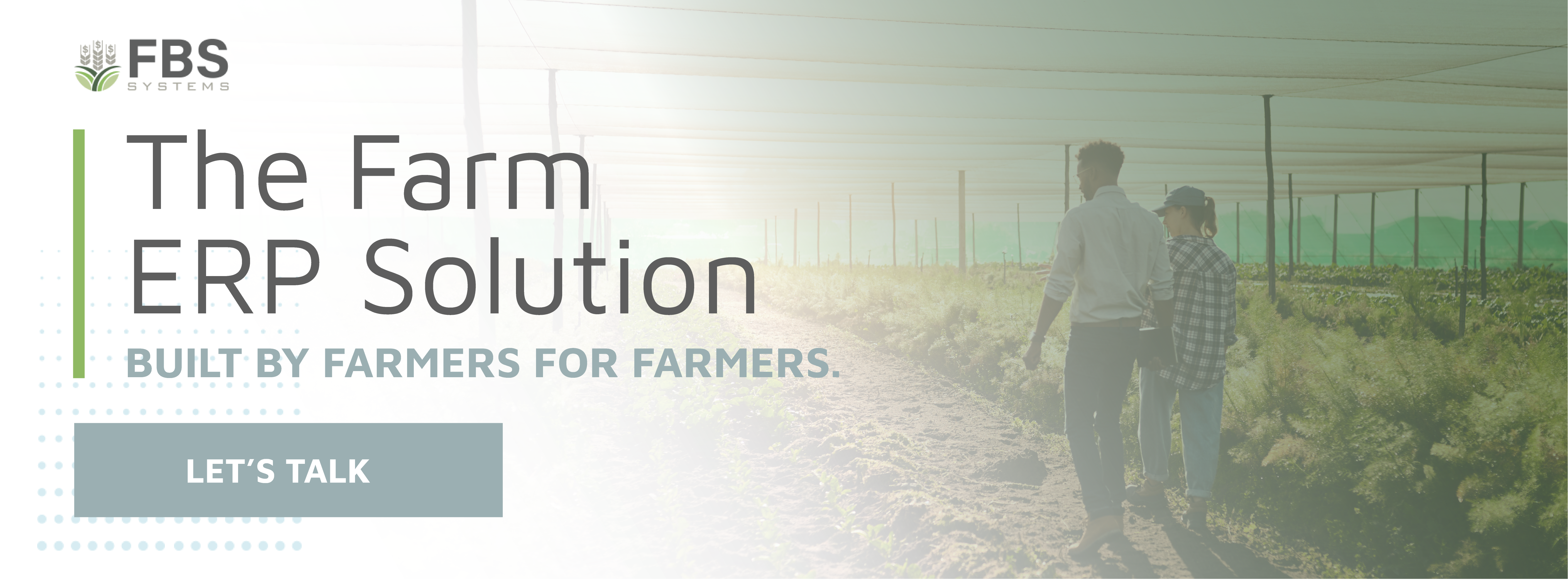
Topics: farm financial statements, accrual accounting, farm software, farm accounting, growth path accounting, Farm Financial Standards, agricultural inventories
The Importance of Farm Financial Guidelines for Farm Operations
The Farm Financial Standards Council has recently releasedFinancial Guidelines for Agriculture: An Implementation Guide for Non-Accountants. Not every farm or ranch operation has an accountant on hand or the accounting knowledge to take advantage of the ways financial reporting and data can revolutionize the way you make decisions, and, more importantly, grow. In recognition of that gap, the guidelines seek to help farmers and non-accounts gather the needed financial information, analyze it, and put it to use as decision support.In support of that effort, we think it equally valuable to understand who the council is and why this information is so vital to your farm business.
Quick Links
Topics: farm financial statements, farm financial reporting, Farm Financial Standards, farm financial standards council
Farm Management: What's Your Farm Information Level?
"It's not what people don't know that hurts them. It's what they do know that just ain't so." -Will Rogers
For many farm managers, especially on smaller farms, farm management is a hands-on endeavor. It’s in the barn or in the field and assessing the situation on the ground, making decisions based on what they can see. However, there’s so much more data available for modern farms.
Information, from a variety of sources, both internal and external, can help you make strategic decisions and increase profitability. We’ve talked about farm management information and the three levels of farm information from a higher level, but in this blog, we’ll dig a little deeper and look at the kinds of information available to you and how to leverage it.
Quick Links
Topics: agricultural managerial accounting, agricultural decision support, business processes
For a long time, in the agricultural sector, technology, beyond farm equipment, was relegated to the back office. Thankfully, farms don’t operate that way anymore. In fact, most have learned to leverage ag tech to assist in improving productivity and profitability.
Topics: farm management accounting, cost accounting, accrual accounting, agricultural managerial accounting, farm inventories, farm software, agricultural decision support, agricultural software, enterprise analysis, farm budgeting, farm profit centers
"Rolling Up" Agricultural Managerial Accounting
We often discuss the different types of accounting used by agricultural accountants. A good portion of farm accounting, especially early on, was limited by technology and the need to simply keep track of finances. Farm accounting was used to keep track of the money coming in and out of the farm. Enter managerial accounting which can be used to make decisions about the future. Both types of accounting are important for farmers to understand, and utilize, in order to make sound financial decisions for their farms.
Topics: managerial accounting, farm financial statements, farm financial reporting, agricultural managerial accounting, farm mamanagement accounting
RELATED POSTS
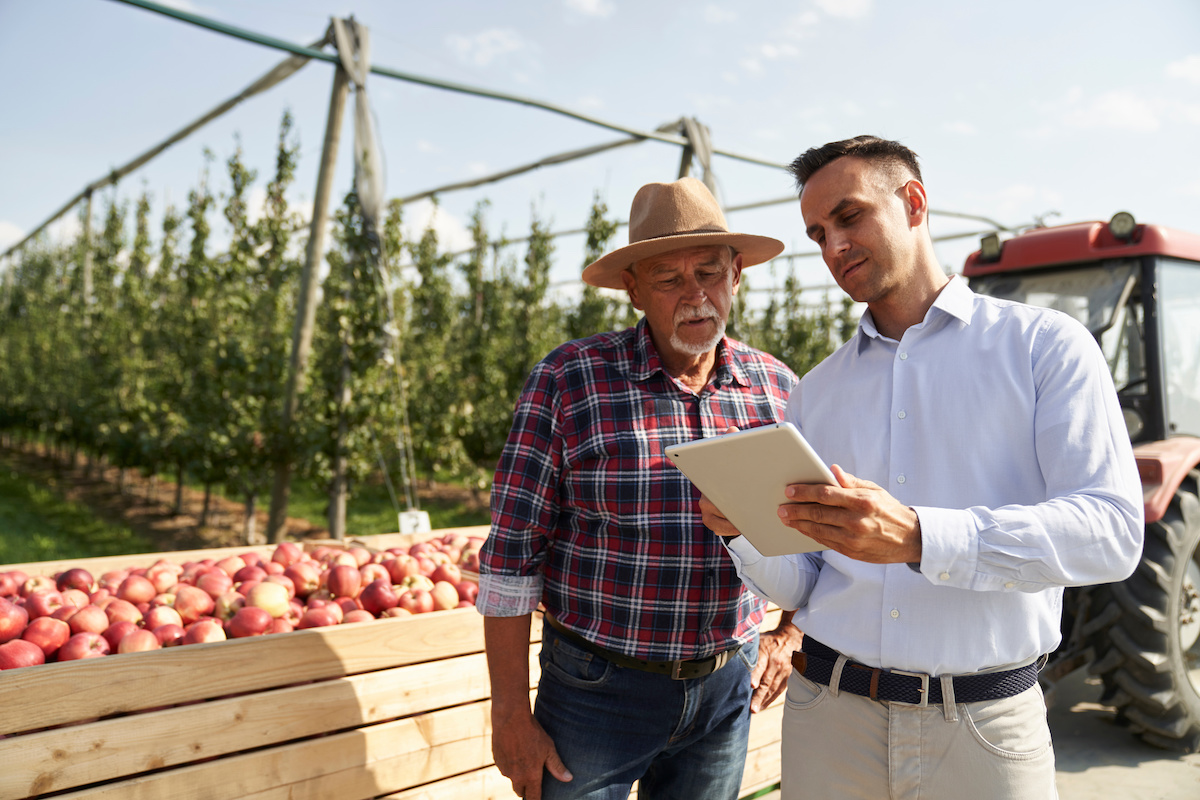
Limitations of Farm Accounting and Business Intelligence Software
Farm accounting got you stumped? In the ag industry, many farmers rely on preparers for their farm accounting needs, but those services aren’t always...

What are Business Intelligence Tools in Agriculture?
According to IBM, business intelligence isn’t a new concept. But, it wasn’t until the 1990’s that data management systems really took off, despite...

Advancements of Farm Automation Practices
To be a technology driven business, you need to explore new innovations as they emerge and, let’s face it, agriculture is, increasingly, dependent...

Data Visualization: Why Farms Need Power BI™ Solutions
As a business operator, you likely rely on your data to drive decisions. Once you receive the raw numbers, what do you do with it? An abundance of...

Buy or Build an ERP? 4 Methods for Effective Farm ERP Implementation
Are you looking to switch from legacy tech to an advanced ag-specific ERP tool? Enterprise resource planning tools designed for farmers account for...

Cloud Tech: The Pros and Cons of Cloud Connections
By 2034, it’s estimated that farms will generate more than 4 million data points in a single day. How is this possible? Smart technology and...
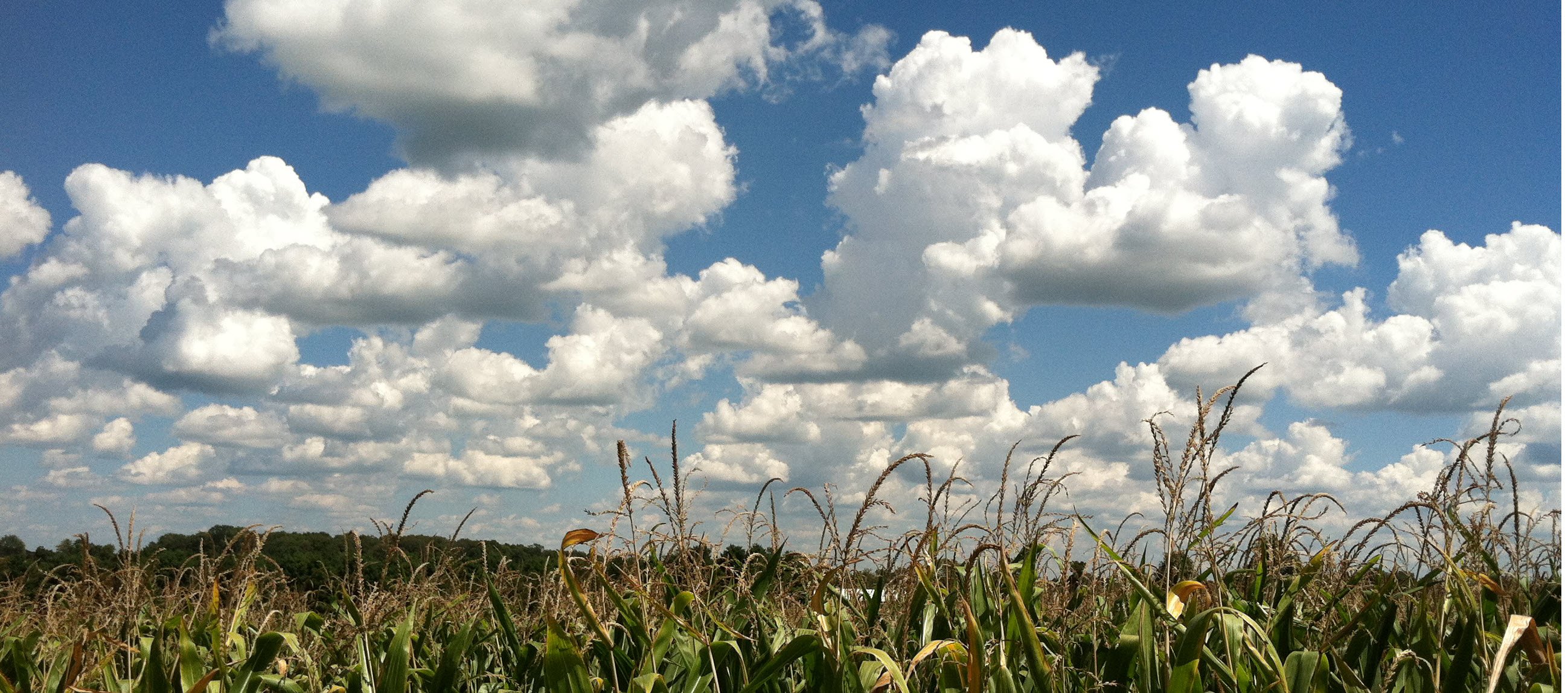
Can Cloud Data Management Enhance Financial Control?
New technology is being utilized across numerous industries, and it’s rapidly changing the way that we live and work. You’ve likely heard of “The...

4 Farm Accounting Mistakes You Might be Making
Have you been struggling to assemble accounting documents for your farm? With such large enterprises and a range of inventory, assets, and employees...

Ag Tech Spotlight: Digital Twins for Farm Data
Some days it’s tough enough to keep up with the work, whether it be in the back office, field or barn, or both. This is, perhaps, one of the daunting...

5 Farm Data Reports You Should be Tracking
Looking to improve the success of your farm business? Farm data reports might be the key to unlocking your potential. Think of these data insights...

What You Need to Know About AI in Farming
Artificial Intelligence (AI) has left no stone unturned. Nearly every industry is talking about the ways it will impact them and what opportunities...

Integration Through Enterprise Resource Planning Software
Have you ever struggled with inaccurate data as a result of legacy tools or errors made as a result of manual entry? Truthfully, most businesses have...

6 Tips for Implementing Farm Financial Standards Council Guidelines
Eisenhower once said "Farming looks mighty easy when your plow is a pencil and you're a thousand miles from the corn field." But for the back office,...
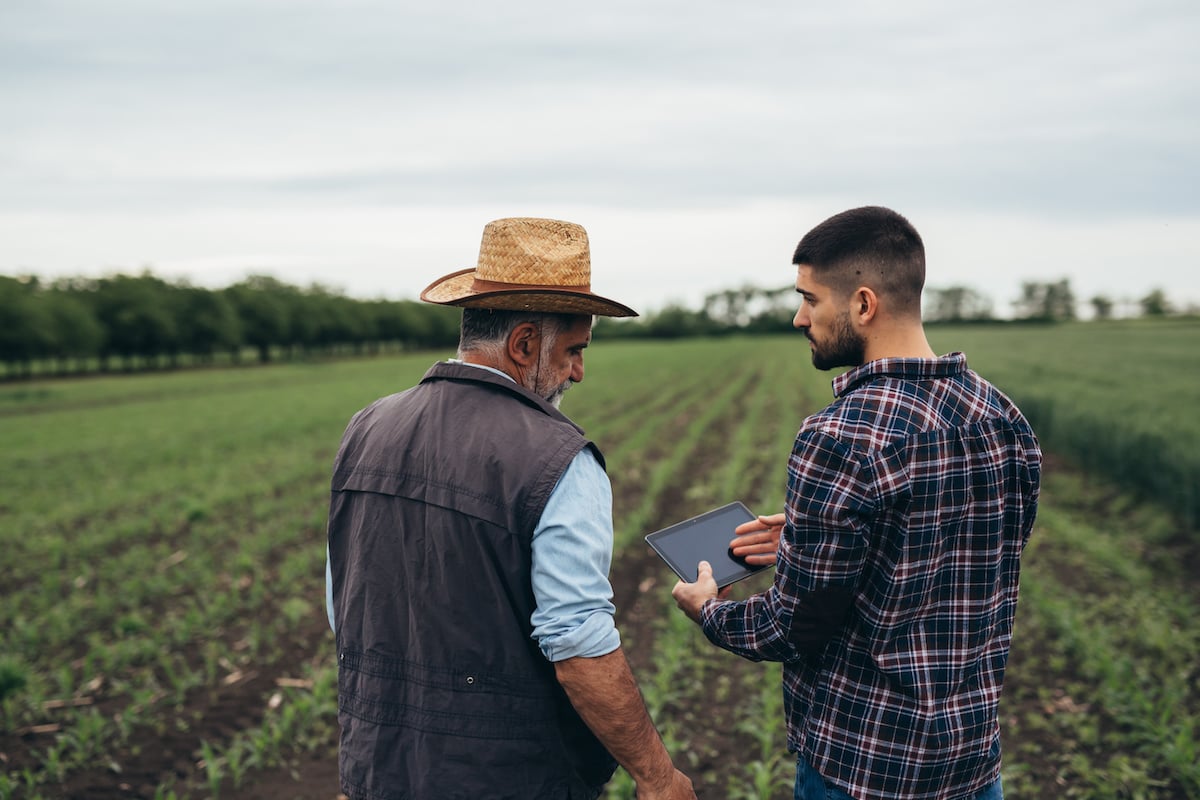
What Are Generally Accepted Accounting Principles? (+Reasons to Follow Them)
There are few things more important in accounting than accuracy, especially when managing your farm and making strategic decisions relies upon those...
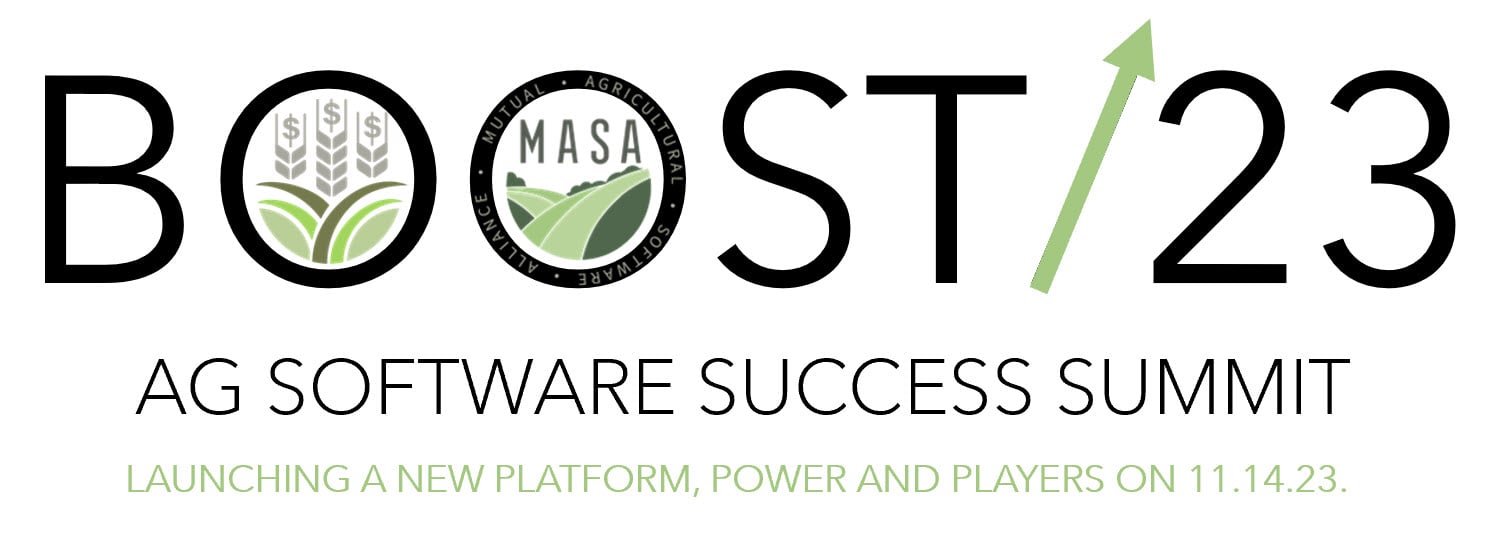
Sign Up for the 2023 Agriculture Software Success Summit!
Get excited for this year’s BOOST/23 Agriculture Software Success Summit with FBS Systems! This November, join us for an exclusive event that...


